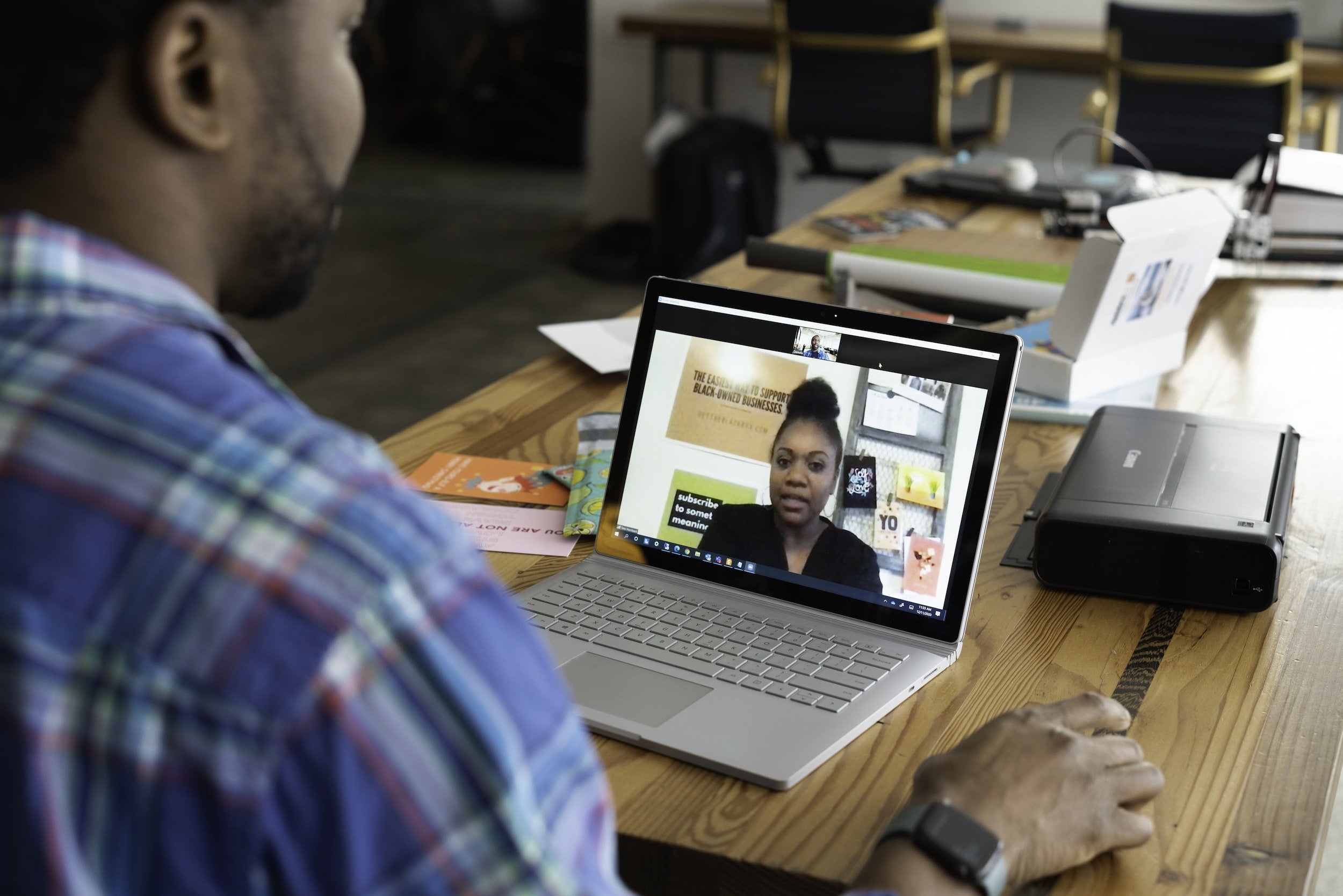Preparing For Battle: The Interview
By: Nate Pedronan, Operations Director | Janine Yoro, Editor/Contributor
Prepping for an interview can sometimes seem like a complex tactical operation.
It involves a set of variables: people, location, supplies, timetabling and a myriad of other action items. In order to pull off this “operation”, it requires detailed coordination. So, before your interview, it’s best to prep yourself for whatever may come ahead. According to Murphy’s law, “Anything that can go wrong will go wrong”. And unfortunately, this typically applies in interviews.
We’ll cover 3 key areas to have you prepared and ready. Like prepping for battle, understanding the logistics – layout, structure, and tactics – will help you execute and conquer the interview.
TRAFFIC
It’s a word synonymous to Los Angeles and hearing that word probably sparks imagery of cars bumper to bumper. But when it comes to the subject of interviews, it’s a variable that’s often overlooked. In the same way we give precedence to our normal work commute, we should also give importance to our interview commute.
Know how long it will take you to get there at different hours of the day. Google maps is a great solution for estimating how long your commute will take at specific times.
Map out your arrival and departure and take traffic into account.
Did you schedule your interview during a workday or did you take the day off? If it’s during a workday, it’s imperative to be mindful of time and what time you need to get back
Factor and calculate time by blocks and duration. The last thing you want is to be at an interview and stressing to leave. When you’re in a rush to get out, you might not say all the things you need to say. For ease, it’s better to take the day off.
ENERGY
While getting there is important, being there is just as critical. There’s a difference between being physically at the interview and mentally present for your interview. Mentally present requires both focus and energy. So, when mapping your schedule, include what you will need to maintain the energy necessary for the interview.
This may seem trivial at first… but let’s say you’re scheduled to interview at noon:
What’s your morning cadence? Do you drink coffee, eat a big breakfast or keep it light?
Will this be enough to get you past lunch or will you get hungry closer to noon?
In some cases, interviews will occur during the lunch hour. I’m sure you don’t want to end up “hangry”, distracted or be that person in the room with a growling stomach.
Know yourself enough to know what you’ll need to remain attentive and sharp.
Additionally, be aware of the interview’s duration. Frequently, recruiters see candidates do great over-the-phone interviews and totally tank during the physical one. Because some interviews run as long as 3 to 5 hours, candidates who fail are typically not intriguing or passionate as they initially seemed. In truth, these candidates had low energy rather than not enough passion. They just didn’t plan it well enough and ended up crashing their own interview.
In other instances, candidates commonly get dry mouth and struggle to keep the conversation in flow. Most of the time, you’ll be offered water. Take it. And, don’t feel hesitant to ask for water. The interview day will do everything to drain you of your energy. But, it doesn’t have to be that way. With a little preparation, the path to success is yours.
ARRIVAL
After you’ve considered both internal and external variables, there is still one last hurdle to jump: What should you expect when you finally arrive to the interview and where do you go on foot?
How far is your interview building/office from where you are parking? The parking structure might be located separately from the building.
Do you know the location of the office? Many candidates show up already frustrated/flustered at their interview after spending 10 minutes searching for the right building/office door.
Who should you expect to meet first? Simply looking like you know what to expect vs. having a face full of unsurety/confusion will help ensure a great first impression.
FIRST IMPRESSIONS
If you’re in contact with the recruiter or the hiring manager, double check the details with them. Find out who will be your first point of contact, so you know whom you’re looking to meet.
The day of your arrival, keep two very important things in mind:
1) Be nice to everyone you meet.
That person in the lobby could be your next coworker, a director or even an executive. Be kind and smile, especially with the front desk. It’s not uncommon for recruiters/hiring managers to ask for their opinion.
2) Give yourself ample time to get through the “check-in”.
It’s little things like enough time to walk up to the lobby or a few minutes to calm your mind before the interview. Sometimes, it’s good to find a place to just sit before signing in and run through potential questions you or they would ask. Setting aside 30 minutes, or even an hour, can really help you get mentally prepared. Please, don’t be that person running, rushing and looking frantic.
3) Know the interview structure.
Are you interviewing by yourself or with a group? Do you know who will be giving the interview? Is it a panel of interviewers? Know the key players and their roles. What about their day? Are they interviewing more than one person that day? Could you be interview 1 of 10 or 10 of 10?
So many times, candidates have shown up late for their interviews or frantically unprepared because they forget to take these into consideration. Even just thinking through some of these scenarios before the day of your interview will help you seem more calm, cool and collected vs. the average candidate. Wan't the good news?
If they are bringing you in to interview, they already like you.
No one takes time out of their day to have an uncomfortable meeting with someone who is a waste of time. Your job, is confirm that their suspicion of you was correct: You are the right professional to solve their problem. Now go out there an knock it out of the park. You got this!



